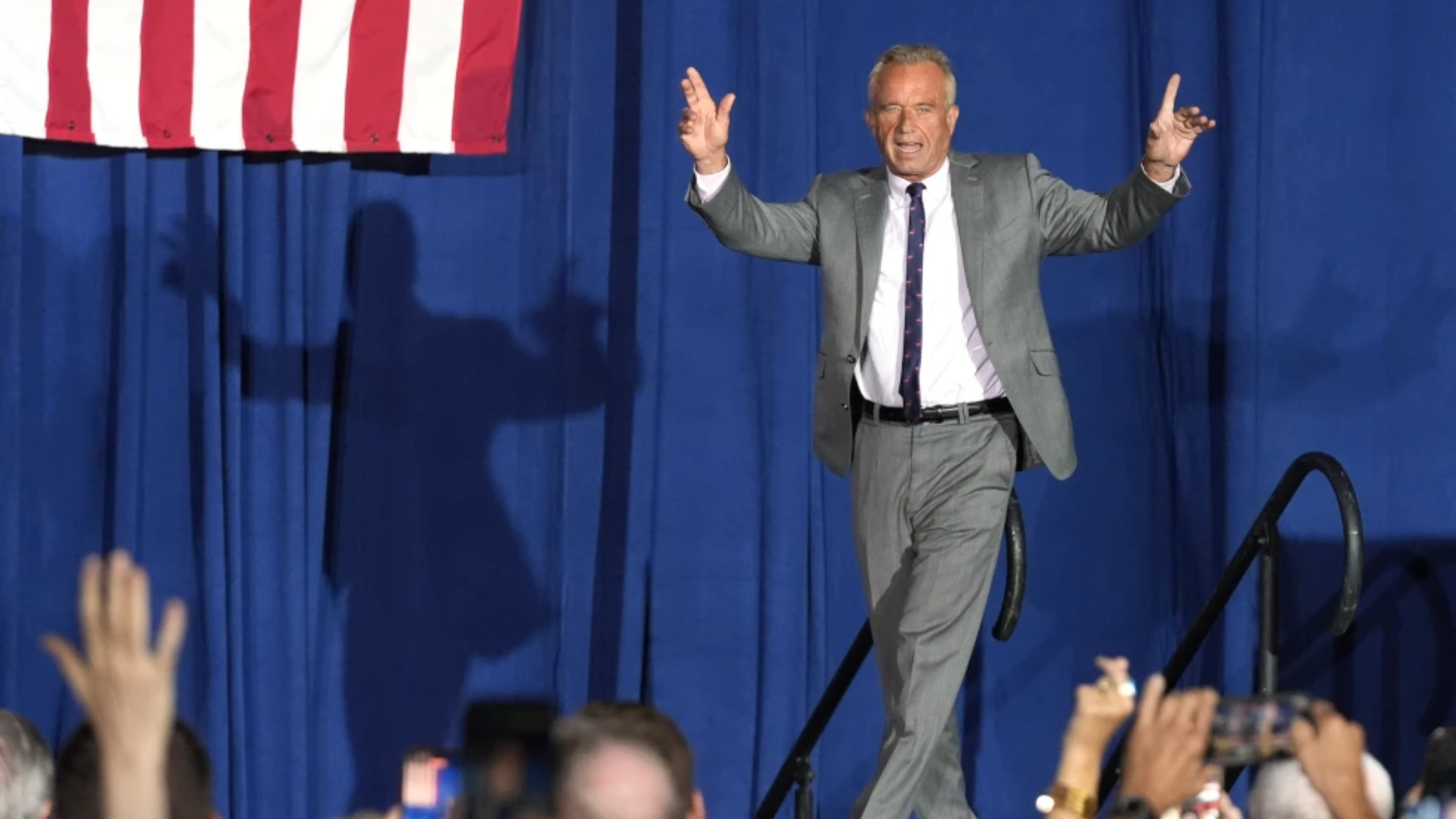Listen as Larry spoke with Dr. Thaddeus Mason Pope, Director of the Health Law Institute regarding the controversial case surrounding 10-month old Charlie Gard.
During the interview, O’Connor and Dr. Pope discuss he burden of existence and the benefit of existence:
O’Connor: Do we know scientifically that Charlie is feeling pain?
Dr. Pope: That’s a good question because, like I said, he has no muscular energy, right? So he can’t grimace or cry or react. However, again, the evidence in the case from Charlie’s own treating clinicians at the hospital is that he does experience some suffering. That’s not a lot of evidence but all the evidence that we have is uniform in saying that he does experience some suffering.
O’Connor: And is there some suggestion that bringing Baby Charlie on a plane, connected to life support to America to undergo this extremely highly experimental treatment that in some way he will suffer more? That he will feel more pain? Or is it pretty much just the same level of discomfort in suffering that the baby has been feeling his whole life?
Dr. Pope: Correct, good question. So, the trial as outlined … the trial in the United States, would be for around 3 months, that was the proposal. So the idea is that if he is now suffering, he’s in a state where the burdens of existence out-way the benefits of existence. That by moving him to the United States, it’s not the putting him on the plane and so forth, it’s the duration question. If he suffers now, he’s going to suffer for 3 more months if we send him to the U.S.
O’Connor: Correct me if I’m wrong but based on my study of this, he’s only 1 of 16 people to have ever had this condition – that’s how rare it is, this mitochondrial depletion syndrome. […] It’s obvious to me that this experimental treatment, that they might be able to at least try on Baby Charlie. If it does not work, and you just said the testimony suggest that it is the longest of long shots that it may work, but even if it doesn’t work, that’s part of the scientific process, isn’t it? That sadly if Baby Charlie were to try this treatment and not survive, he might be able to lend insight to the next baby that is born with this. And isn’t there some value towards our society with that process?
Dr. Pope: Absolutely. And the trial judge really struggled with that. Thinking why not? Why not, not just allow this for Baby Charlie but also to help advance science. At the end of the day, the case is unique because of the feature you identified which is the court not only told Great Ormond Street Hospital in London that they didn’t have to treat .. And that’s what courts normally rule in these cases, you don’t have to do it because you guys don’t think it’s appropriate…
O’Connor: Right. But they are saying nobody can treat this baby.
Dr. Pope: Right, and that’s an unusual step because usually, in these sorts of cases in the U.S., if you can find another hospital that’s willing to treat, the current hospital allows the transfer. Indeed most state laws require that the current treating hospital transfer to the willing new hospital. So, this is a little bit different.
 CALL: 202-432-WMAL (9625) | 888-630-WMAL (9625)
CALL: 202-432-WMAL (9625) | 888-630-WMAL (9625)



Email The Show





















